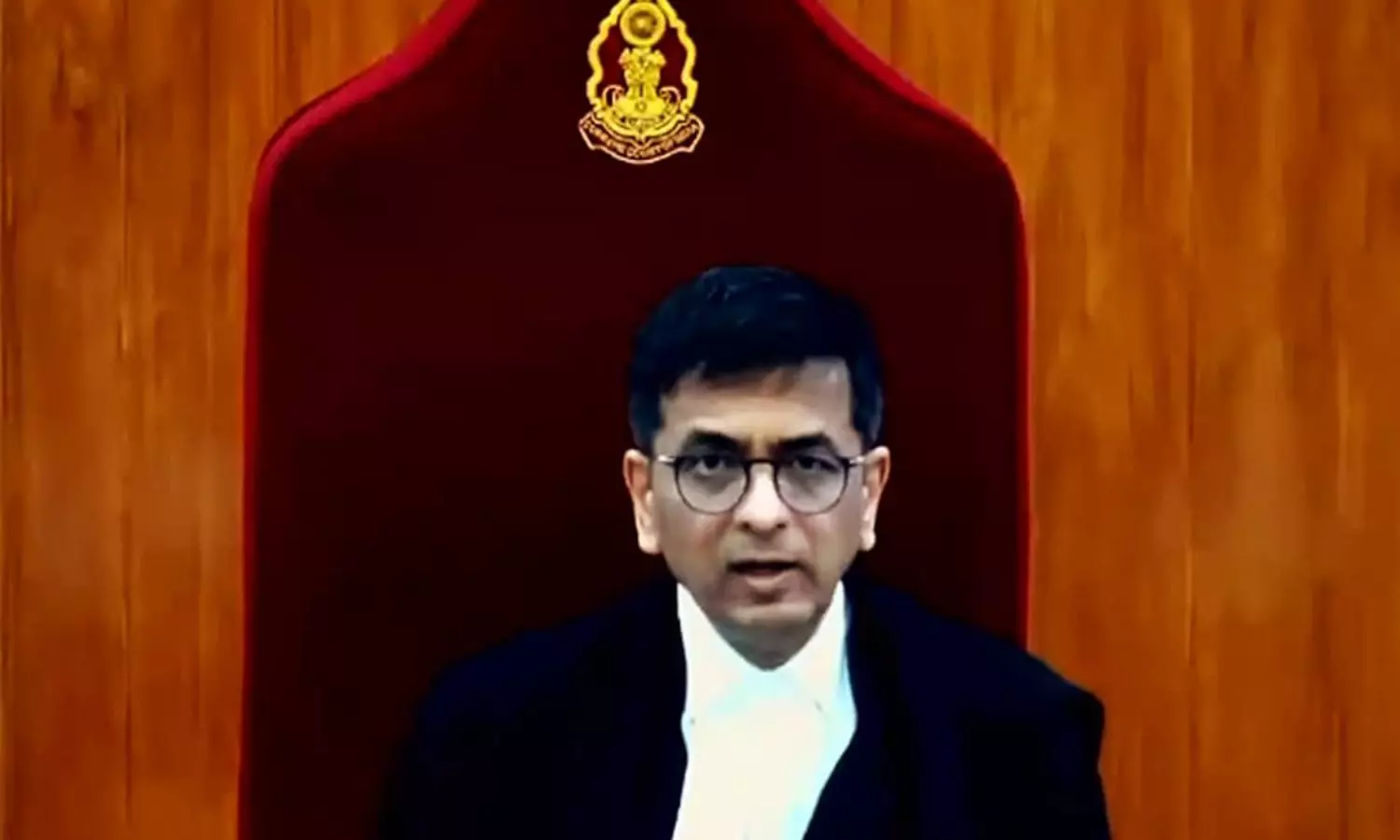Can't Call Any Part of Territory of India as Pakistan: CJI

New Delhi: The Supreme Court on Wednesday closed the suo motu case against Karnataka High Court judge, Justice V. Srishananda, over controversial remarks made during court proceedings, taking note of his apology in open court.
The apex court cautioned judicial bodies against making comments that could be perceived as “misogynistic” or targeted at any particular gender or community, also stating that no part of India should be referred to as Pakistan.
The court’s observation came in the context of the Karnataka High Court’s strict guidelines on live-streaming judicial proceedings to prevent unauthorised sharing of clips on social media. These guidelines followed the viral circulation of the judge’s alleged objectionable comments, which prompted the Supreme Court to take suo motu cognizance of the matter.
After acknowledging Justice Srishananda’s apology during open court proceedings on September 21, a five-judge bench led by Chief Justice of India D.Y. Chandrachud noted that since the judge was not a party to the proceedings, “we desist from making any further observations save and except to express our serious concern about both the reference to gender and a segment of the community.”
The case arose from the Supreme Court’s suo motu cognizance of the judge’s remarks against a woman lawyer and his reference to a Muslim-majority area in Bengaluru as "Pakistan."
During the Wednesday hearing, the bench, which also included Justices Sanjiv Khanna, B.R. Gavai, Surya Kant, and Hrishikesh Roy, emphasised the need for courts to avoid comments during proceedings that could reflect individual biases, especially those perceived as directed at a particular gender or community.
The bench referred to a report from the Karnataka High Court registrar general, noting that the remarks made during the proceedings were unrelated to the case and should have been avoided.
The court stated: “The perception of justice to every segment of society is as important as the delivery of justice… Such comments are likely to be construed negatively, affecting not only the credibility of the judge but also the wider judicial system.”
Solicitor General Tushar Mehta noted the uncontrollable nature of social media, highlighting its anonymity as a significant concern.
CJI Chandrachud remarked, “We cannot refer to any part of India as Pakistan. This undermines the territorial integrity of the nation.” He added, “The answer to sunlight is more sunlight. The solution is not to suppress what happens in court but to promote transparency.”
The bench also highlighted the growing role of social media in court proceedings, noting that many High Courts have adopted live-streaming and video-conferencing protocols to increase access to justice, especially since the Covid-19 pandemic.
It concluded by stressing the responsibility of judges, lawyers, and litigants to be mindful of the broader impact of their remarks, as judicial proceedings now reach beyond those physically present in courtrooms to a much wider audience.
“The essence of judging is impartiality and fairness, and it is crucial for every judge to remain aware of their own predispositions to ensure justice is delivered fairly and objectively,” the bench said, adding that the values guiding judicial decisions must always be those enshrined in the Constitution.

